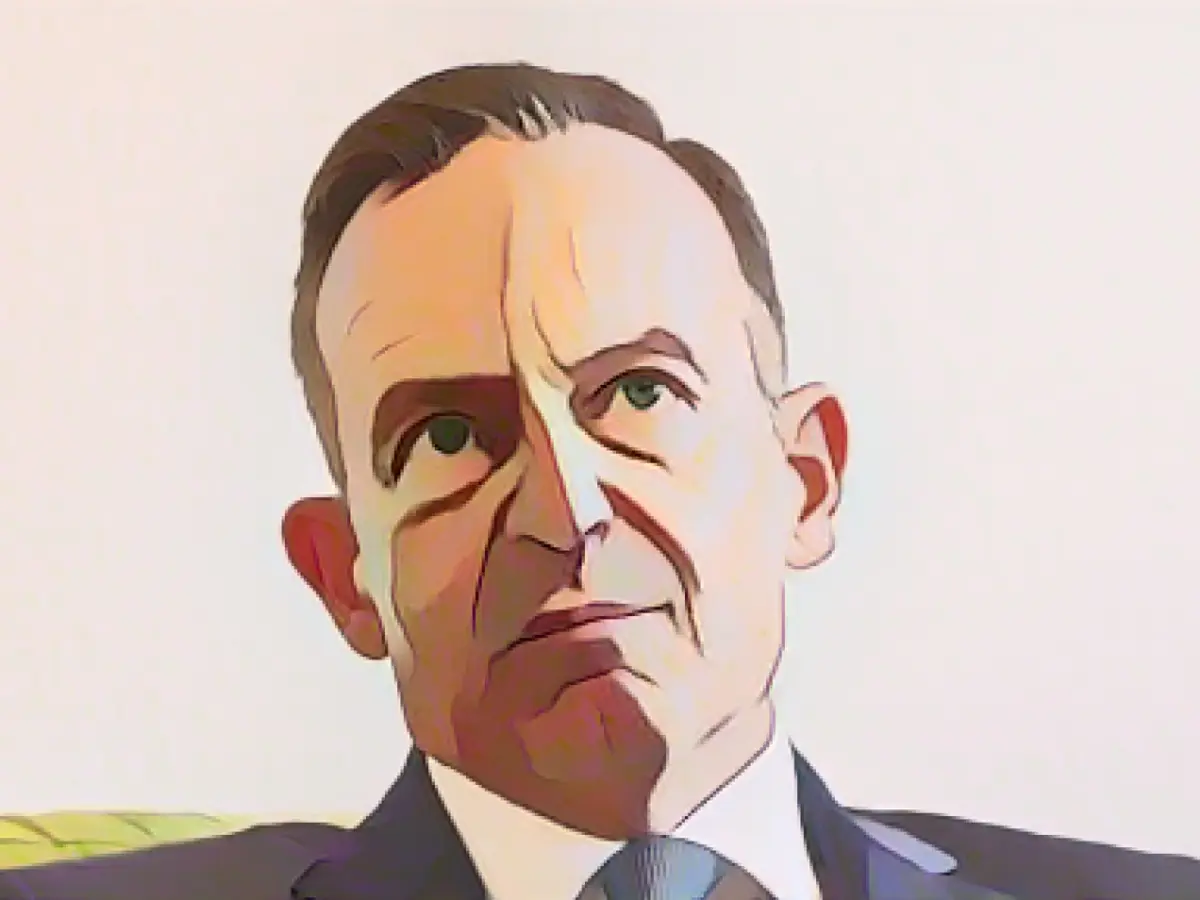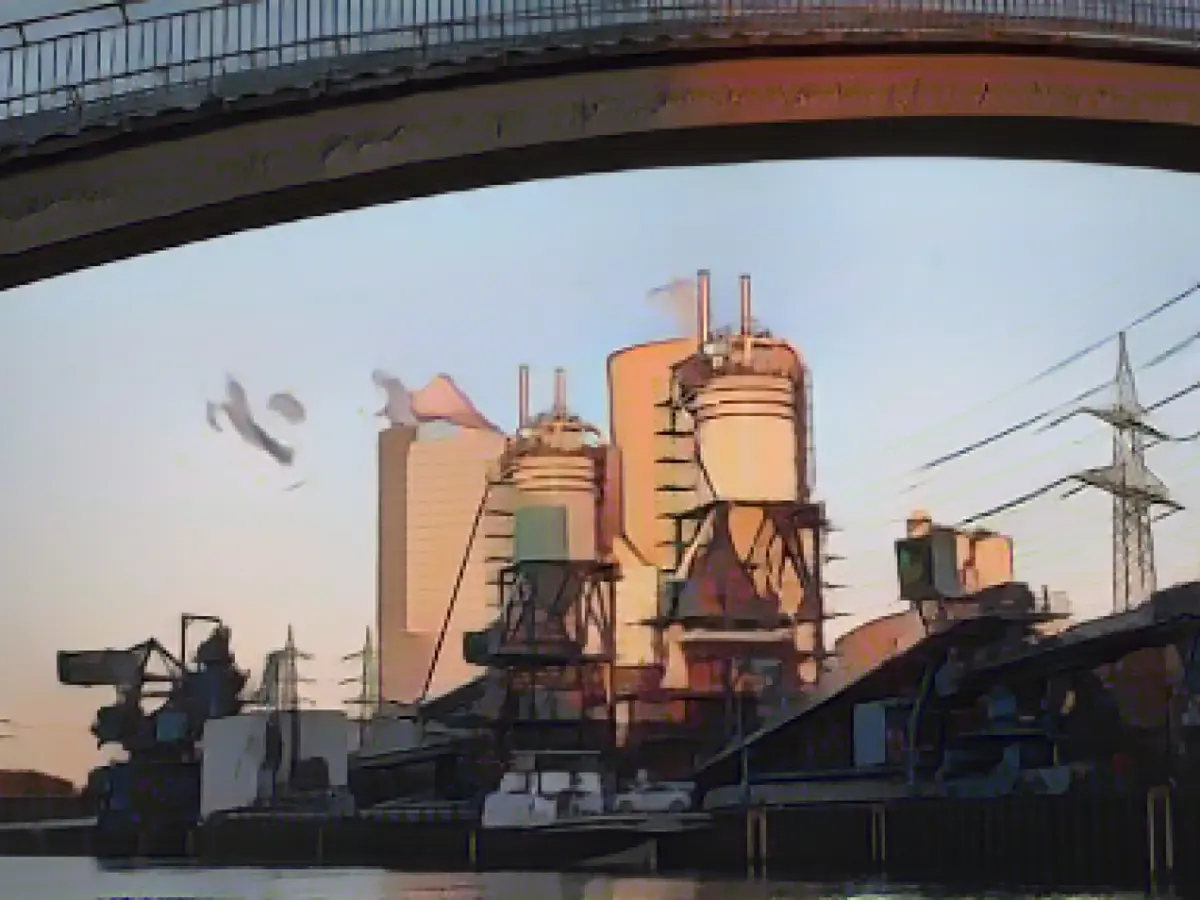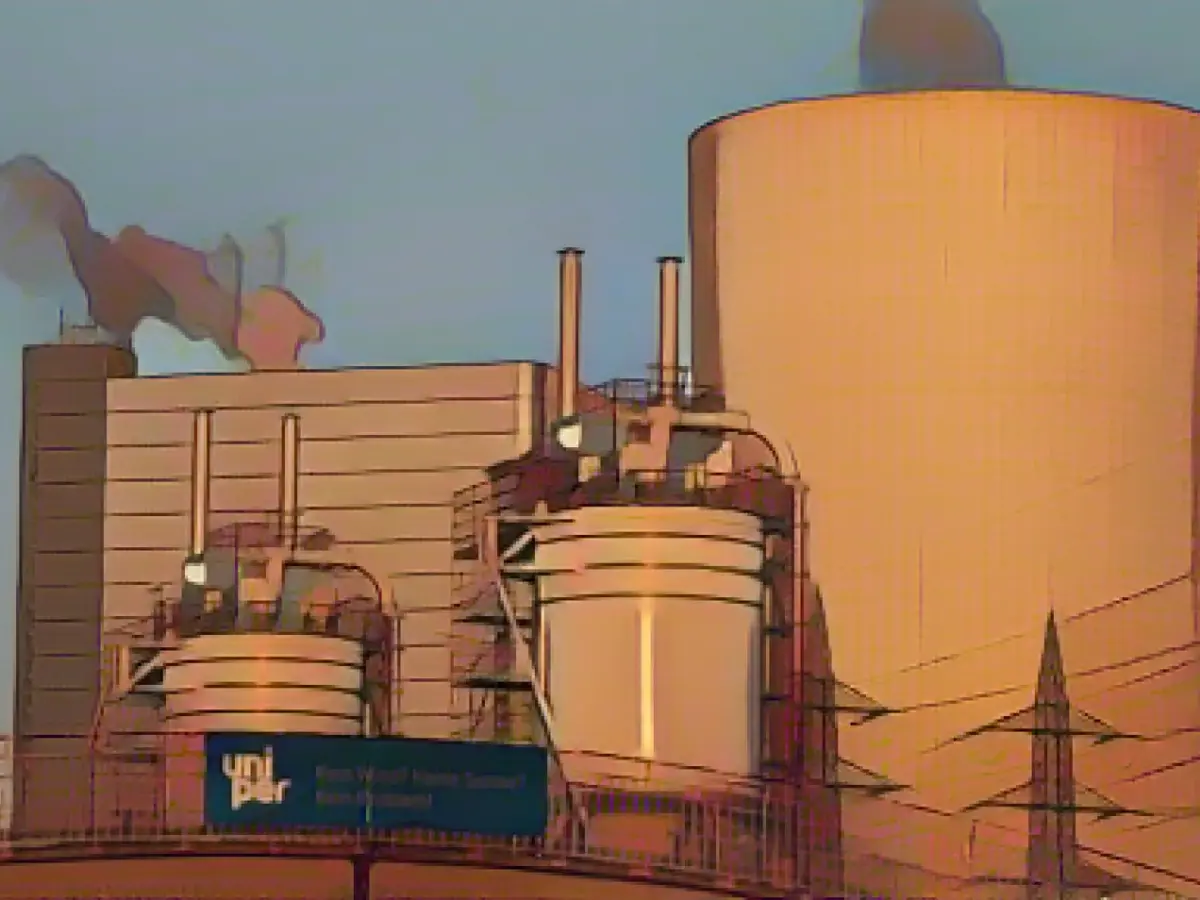Title: Wissing's Grumble Over the Delayed Autobahn 1 Construction: Environmental Concerns as a Pretext
Volker Wissing, the German Federal Transport Minister, has raised eyebrows by criticizing the recent setback in the construction of Autobahn 1 through the Eifel region. The FDP politician noticed a trend where environmental concerns are sometimes used as a 'convenient excuse' to halt infrastructure projects, and he sees this pattern emerging with the A1 expansion.
Wissing insists that, while infrastructure development must take place harmoniously with nature, there should also be room for companies to prioritize infrastructure expansion if legitimate grounds are established. This point is especially relevant in the dispute concerning the A1 expansion in the Eifel, as the Bund für Umwelt und Naturschutz (BUND) filed a lawsuit to halt the project in the area.
The Bund für Umwelt und Naturschutz, based in Rhineland-Palatinate, is well-known for challenging infrastructure developments, citing environmental concerns as their primary motivation. However, these legal measures have slowed down progress on the section of Autobahn 1 outside Blankenheim in North Rhine-Westphalia, creating a 25-kilometer gap that has sparked many conversations.
In July, a planning approval decision was issued for the section between Adenau in the Ahrweiler district and Kelberg in the Vulkaneifel district. Despite the approval, the BUND announced its opposition to the expansion project. The Autobahn 1 is one of the longest highways in Germany, stretching from the Baltic Sea coast in Schleswig-Holstein via Hamburg, Bremen, Münster, Wuppertal, and Cologne through the Eifel to Saarbrücken.
In light of this situation, it is crucial to strike a balance between environmental concerns and infrastructure development, ensuring interventions are justifiable and eco-friendly, as Wissing argues. On the one hand, environmental groups need to voice their concerns and ensure sustainable practices. On the other hand, the government must provide room for necessary infrastructure developments, provided the criteria for sustainability and environmental protection are met.
Additional Insights:
- The ongoing debate about the expansion of Autobahn 1 in the Eifel region is a part of a broader conversation encompassing infrastructure development and environmental concerns in Germany.
- Volker Wissing suggests that environmental challenges might be part of a broader discussion on infrastructure, with opposition from groups like the BUND being a common occurrence in infrastructure projects.
- The legal framework for infrastructure development in Germany includes conducting environmental impact assessments, public consultations, and adherence to regulatory requirements, but specific legal challenges related to the A1 expansion are not discussed in the provided sources.
Source: stem.de
Enrichment Data: The expansion of Autobahn 1 in the Eifel region is touchy, as Volker Wissing, the Minister of Transport, contends that environmental concerns are sometimes exploited to hinder infrastructure development. While there are no detailed discussions about the expansion and its environmental implications in the given sources, infrastructure projects and environmental concerns are a regular topic in Germany. Volker Wissing emphasizes the importance of balancing environmental and infrastructure concerns, and in the context of Deutsche Bahn, he advocates improving existing infrastructure rather than splitting the company into multiple entities. Lastly, environmental impact assessments, public consultations, and regulatory compliance are discussed as key aspects of the legal framework for infrastructure development in Germany. However, legal challenges specific to the A1 expansion project in the Eifel region are not mentioned in the sources.








